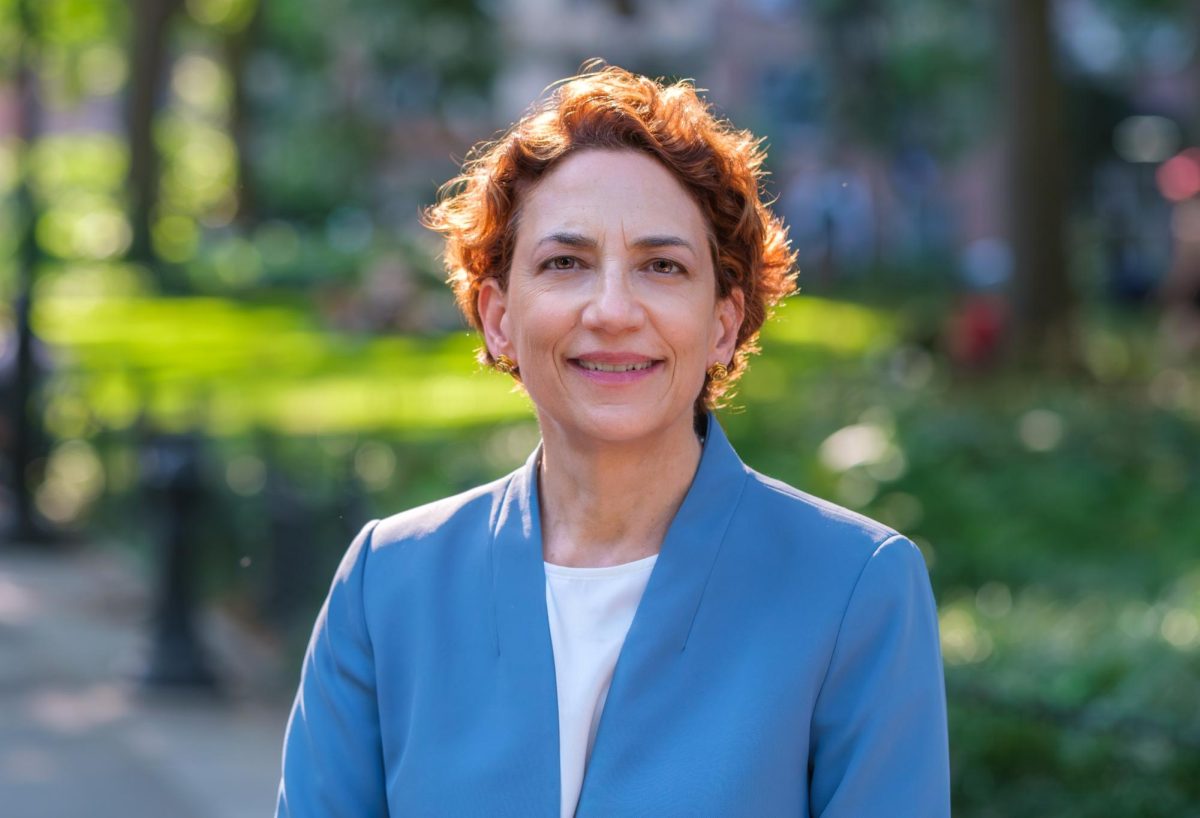The term Ph.D. conjures images of classrooms and chalkboards, hours spent in a library pouring over old texts or in a lab running gels and a lifetime at school — both as student and a teacher. Its unabbreviated name, doctorate of philosophy, suggests deep, academic, esoteric thought. It is a degree unlike any other. While professional degrees provide one primarily with vocational skills, a doctorate degree is an opportunity for one to contribute original thought.
One selects a graduate degree from the usual choices — the M.B.A., the Master’s, the J.D. and the M.D. — based on one’s career aspirations. The Ph.D. is often overlooked and viewed as impractical unless one is planning to go into academic research or teaching. However, a Ph.D. can be more practical than many people think, and demand for scholars with Ph.D. degrees may increase soon.
During a press conference on Nov. 14 of last year, President Obama said, “I am a believer that if [someone has] a Ph.D. in physics or computer science who wants to stay here and start a business here … We should encourage him to contribute to this society.” To combat America’s waning prowess in manufacturing, Obama’s plan for economic recovery is the development of a skilled, educated work force to replace those jobs that are moving overseas. Furthermore, it is likely that doctorate degrees in quantitative fields such as those Obama mentioned will elicit more job offers than before. It is these degrees, which require one to develop skills in statistics and computing, that happen to be highly sought after outside academia. For example, mathematicians and physicists are hired on Wall Street to perform complex calculations that no one else can do. Economists specializing in game theory and decision theory work for consulting firms. And, without a doubt, social media companies like Facebook and Twitter hire those with doctorates in computer science.
Moreover, pursuing a doctorate degree is not as academic as it is made out to be. In fact, it is more like five years of work experience. Course work is only a small part of a Ph.D. In most programs, and depending on the field, candidates only take two years of courses and conduct their own research during the remaining time. Graduate students trade labor, work on each other’s projects and network in a manner that is highly useful in the real world.
Additionally, most doctorate degrees are essentially free because candidates are provided with stipends for their expenses. With student debt at an all-time high, avoiding a $100,000 debt from a Master’s program is nothing to scoff at.
Contrary to popular belief, a Ph.D. is not necessarily a one-way ticket to professorship, but a versatile asset that could lead to a career in finance, technology, research or perhaps even writing and business. A word of caution: pursuing a Ph.D. still requires a very high caliber of ability and a deep interest in a particular area of study, but for any student with those traits, pursuing a doctorate seems to be the most practical option.
A version of this article appeared in the Jan. 30 print edition. Nickhil Sethi is a contributing columnist. Email him at [email protected].
























































































































































